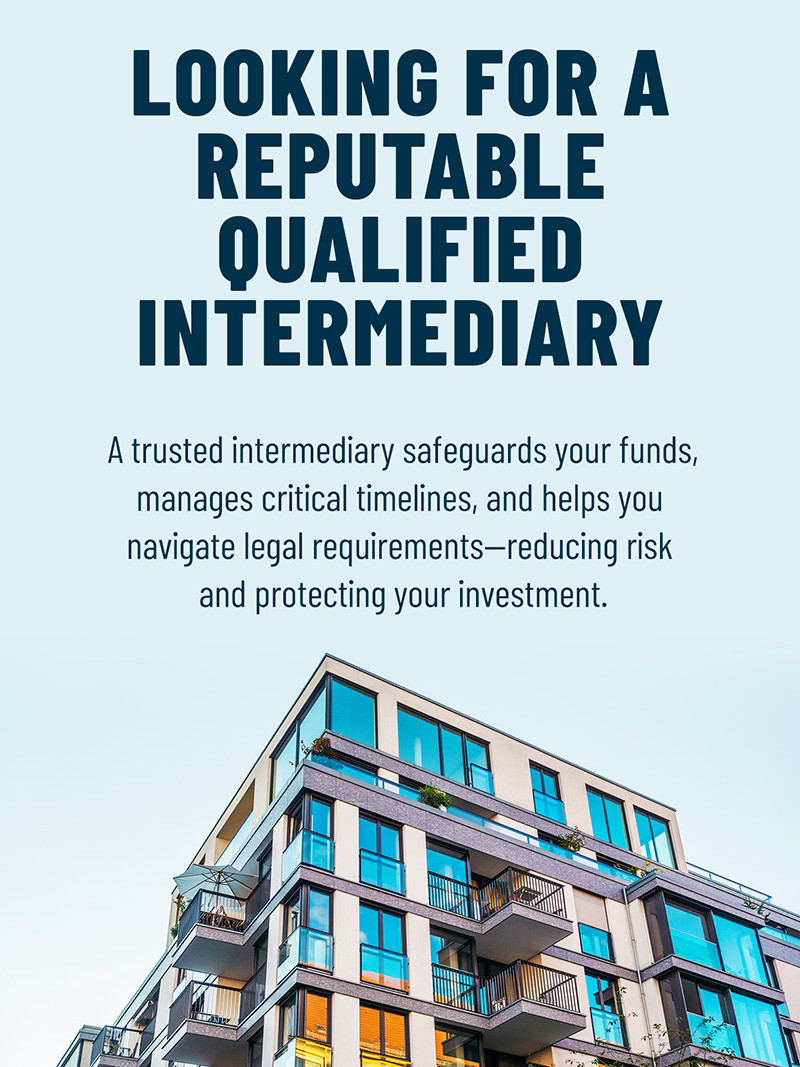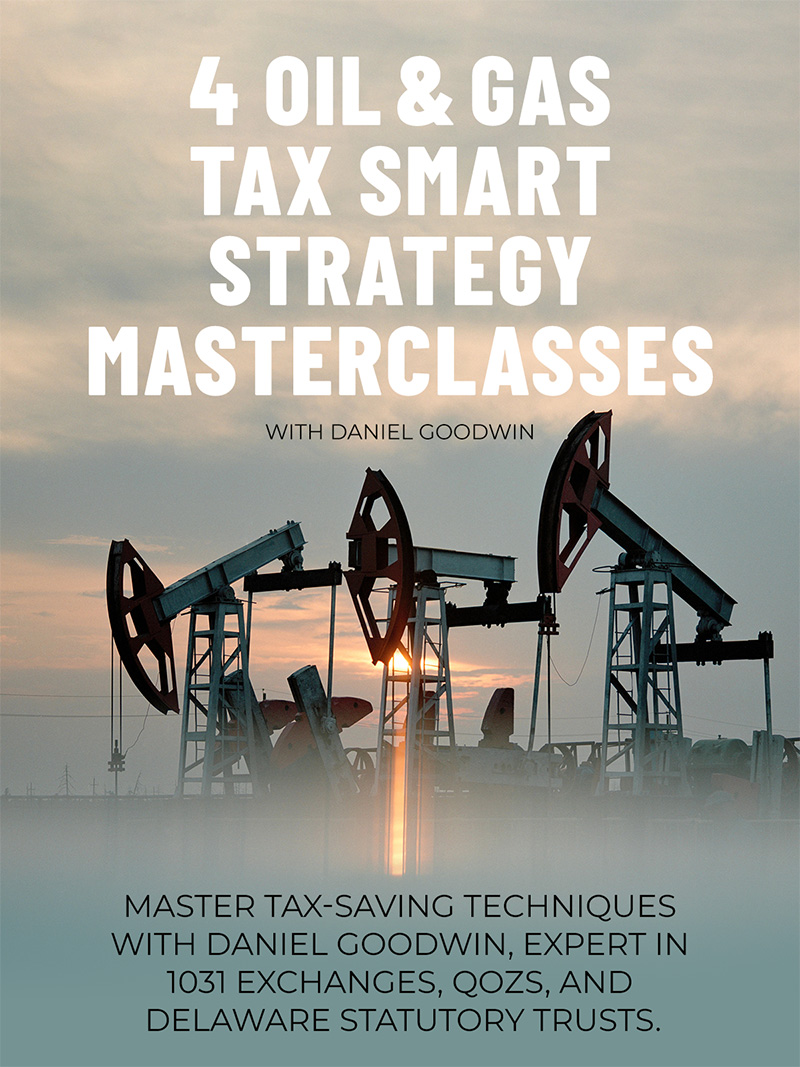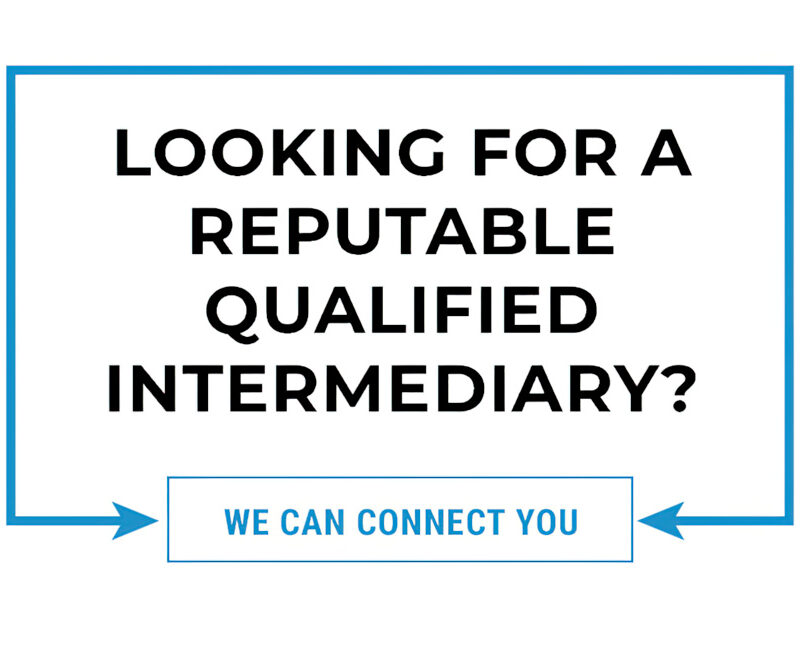What Republican Control Means for 1031 Exchanges and QOZs

It’s official: Donald J. Trump is returning to the White House in January, and the Republican party has recaptured control of Congress, including both the Senate and the House of Representatives.
As I’ve mentioned before, politics is a bit of a third rail for me. Just like Texas football, there are too many points of view among my readers for me to want to speculate or champion one point of view or another. It’s always my goal here to remain respectful of all points of view, the very reason I don’t make political endorsements or otherwise give my opinion on political matters.
Having said that, Republican domination of all three branches of government is no longer a speculation, but a reality. And it’s smart for us to take a look at two of our favorite tax relief strategies and see what this means for their immediate and long-term future.
As avid readers of Kiplinger know, the real estate investment world stood at a crossroads of sorts entering this election season. 2026 marks the scheduled sunset date for qualified opportunity zones, and the current iteration of 1031 exchanges is always politically open to those in power. With Republican control of both Congress and the White House now assured, let’s explore what this could mean for these popular investment vehicles.
1031 Exchanges: A Likely Win
A Republican-controlled government will likely view 1031 exchanges favorably, given the party’s historical support for policies encouraging business investment and capital formation. The Trump administration’s previous stance on 1031 exchanges was notably supportive, with the Tax Cuts and Jobs Act of 2017 actually preserving them while eliminating similar exchanges for personal property.
Real estate investors could reasonably expect not only an extension but potentially even an expansion of 1031 exchange benefits. Congressional Republicans have consistently defended these exchanges as job creators and economic stimulants, particularly in real estate development and construction sectors.
Qualified Opportunity Zones: A More Complex Picture
QOZs present a more nuanced situation. While they were originally created (with bipartisan support) under the Trump administration’s 2017 tax reform, their implementation has faced both praise and criticism from across the political spectrum. A Republican-controlled government might focus on:
Republican priorities may or may not choose to include potential modifications to address criticisms about gentrification and its actual impact on targeted communities.
The Wild Card: Deficit Politics
One significant factor could complicate this seemingly straightforward picture: the federal deficit. Even with Republican control, growing concerns about the national debt—which is approaching $36 trillion and may well have surpassed that number by the time you read this—could lead to unexpected compromises. Some legislators might push for modifications to both programs to enhance revenue generation, potentially including:
As with all matters political, predicting the future is a fool’s game; nevertheless, it’s important to take into account any number of variable outcomes that are possible or likely.
The likely scenario under Republican control is the preservation of both programs well beyond 2026, but potentially with modifications. Real estate investors might see this as an opportunity to proceed with greater confidence in their long-term planning, particularly regarding 1031 exchanges.
For those considering QOZ investments, the potential for program improvements could make these investments even more attractive, especially if modifications include clearer guidelines and reduced administrative burden.
As an added feature, QOZ investments focused in the oil and gas sector may prove particularly attractive, as the incoming administration has pledged to focus on increased oil and gas production with an eye towards American energy independence.
Smart investors will watch for early signals from the new administration and congressional leadership about their specific priorities for these programs. The period immediately following the inauguration could be crucial for understanding the likely direction of both investment vehicles.
And of course it’s important to keep in mind that, in politics as in physics, every reaction eventually produces an equal and opposite reaction. Just as voters chose to flip the White House and Senate to Republicans in 2024, they may opt for greater Democratic control in 2026 and/or 2028, and gains thought to be permanent may well prove illusory.
Remember, while historical patterns and party positions can inform our analysis, political realities often lead to unexpected outcomes. Investors would be wise to maintain flexibility in their strategies while these important policy decisions unfold. For the foreseeable future, though, the future of both 1031 exchanges and QOZ funds appears bright indeed.










